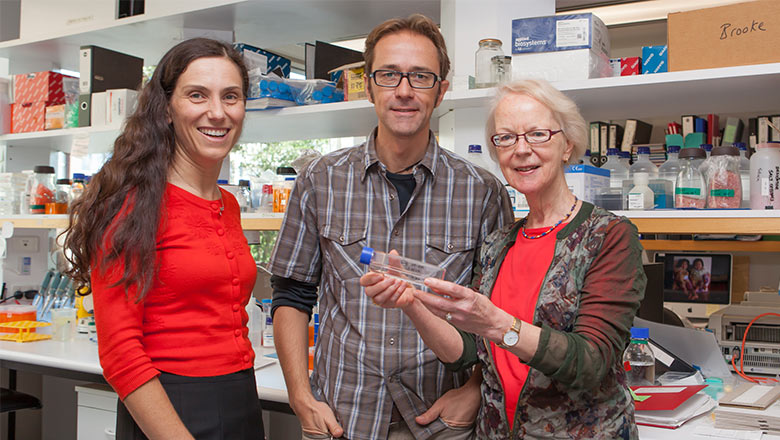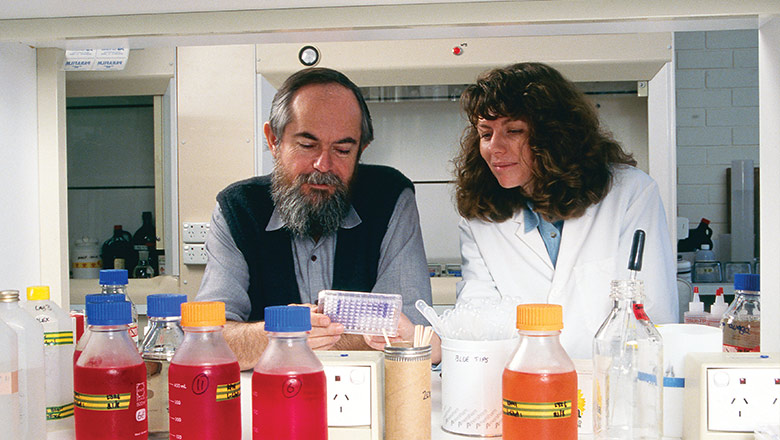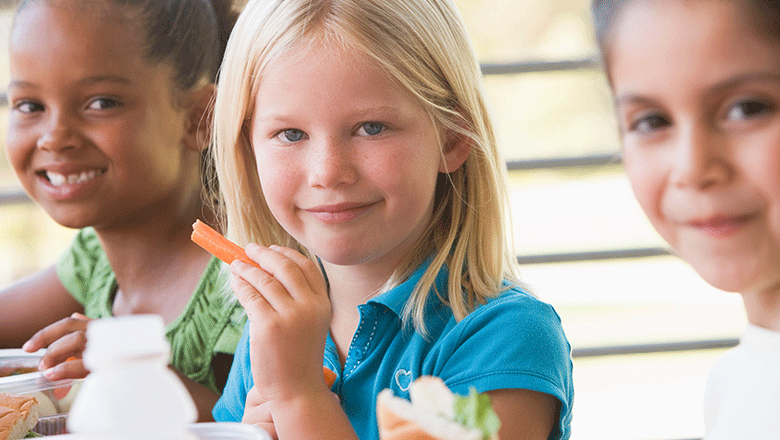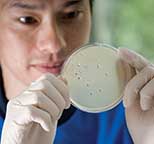Search

News & Events
A cell change that drives leukaemiaIt is now known that the HOX11 gene is permanently activated in the leukaemia cells and it drives the disease.

News & Events
Switch on the immune system earlyFindings by Professor Pat Holt revealed researchers had been heading down the wrong path in their battle strategy against respiratory allergy and asthma.

News & Events
Top 10 Tips for kids nutrition and physical activityThe Kids Research Institute Australia dietitian and nutritionist Dr Roslyn Giglia shares her top 10 tips for kids nutrition and physical activity.

News & Events
Vaccination timing essentialWe all know how important it is to vaccinate a child against harmful diseases but vaccinating a child at the right wrong age can cost lives.

News & Events
West Australian Empowering Innovation seriesThe Kids Research Institute Australia is proud to feature our commercial spin-off company, Phylogica, in the West Australian's Empowering Innovation series.
News & Events
The Kids pays tribute to Telethon pioneerThe Board and staff of The Kids Research Institute Australia are mourning the passing of former Institute Board member and supporter Sir James Cruthers.

News & Events
Why you shouldn't let your child cross the road until they're ten years of ageAt what age does your child have the mental capacity to cross the road alone? Our researchers have the answer and it's older than you might think.

News & Events
Overseas trip will help unlock the asthma puzzleOne in ten Australians have asthma and Dr Kimberley Wang from The Kids Research Institute Australia is on a mission to find out what causes it.

News & Events
$11 million funding boost for child health researchThe Kids Research Institute Australia researchers have been awarded more than $11.3 million in funding from the National Health and Medical Research Council (NHMRC).
News & Events
Tackling FASD in youth in detentionResearchers at The Kids for Child Health Research have been awarded more than $1.4M to assess how many juvenile offenders are affected by FASD.
